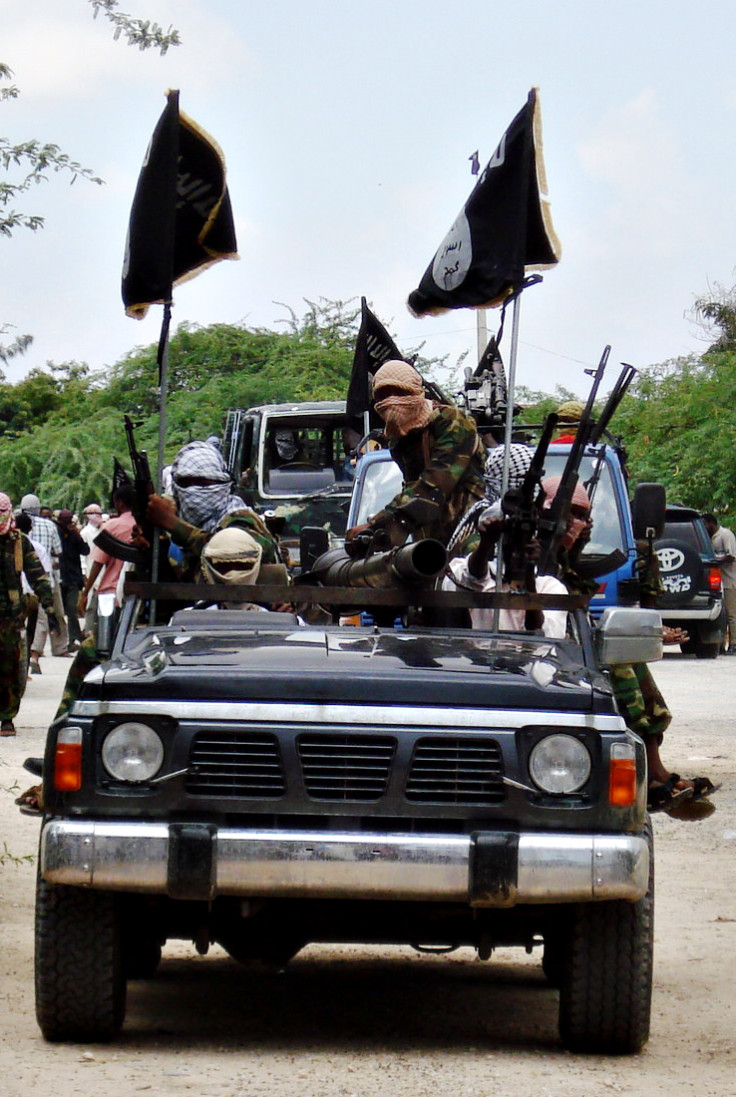Ethiopia blames international community as troops withdraw from Somalia in face of al-Shabaab threat
Al-Shabaab militants have recaptured three towns since Ethiopian troops withdrew in October.
Ethiopia has blamed a perceived lack of support from the international community for the withdrawal of troops from parts of Somalia. Earlier this month, Ethiopian soldiers abandoned areas of south-western Somalia, including the strategic town of Tiyeglow, where they were helping in the fight against terror group al-Shabaab.
"The international community also has a responsibility either to train or to support the Somali national army in whatever way they promised, and if they do not make good on that promise and [the] Somali national army fails to discharge their responsibilities then of course, as they say, nature – and al-Shabaab – abhors a vacuum, so they'll just move in," Ethiopian communication minister Getachew Reda said, according to the BBC.
Reda said the Ethiopian contingent was not part of the African Union Mission in Somalia (AMISOM), but reassured Somalia it would assist "in any possible way to fill the vacuum".
He also denied allegations that the decision to pull out troops was linked to a six-month-long state of emergency declared in Ethiopia in October, following months of unrest.
Al-Shabaab fighters have already recaptured Tiyeglow. The militants also regained control of the towns of El-Alif and Halgan, in the Hiran region, shortly after Ethiopian troops were evacuated from the area.
AMISOM has been accusing of failing to tackle the al-Shabaab insurgency.
Who are al-Shabaab militants?
Al-Shabaab, which means "The Youth", is a Somali terror group affiliated with both al-Qaeda and Isis. An offshoot of the Islamic Courts Union – a rival administration to the Transitional Federal Government in Somalia – al-Shabaab aims to overthrow the Somali government and impose its own version of Islam in the country.
It controlled Mogadishu and the southern region of Somalia from 2006 until 2011, when it was defeated by African Union peacekeepers.
Al-Shabaab often targets Kenya in retaliation for the Linda Nchi military operation, which saw the deployment of Kenyan troops to Somalia to drive out the militants in 2011.
In one of its deadliest attacks, the militants killed 148 people at a university college in Garissa. The terrorists claimed the attack was carried out as the university was "on Muslim land colonised by non-Muslims".

© Copyright IBTimes 2025. All rights reserved.






















